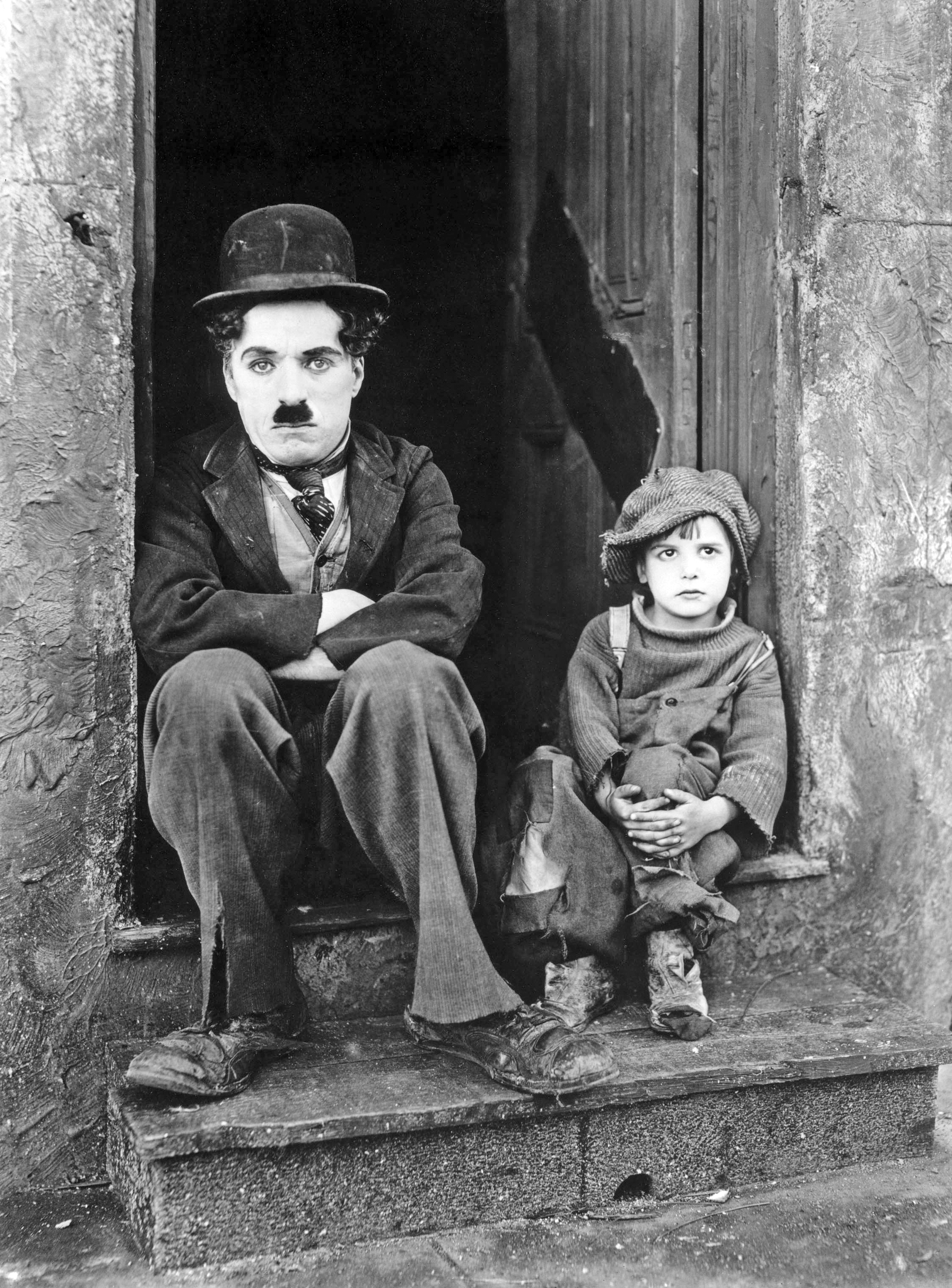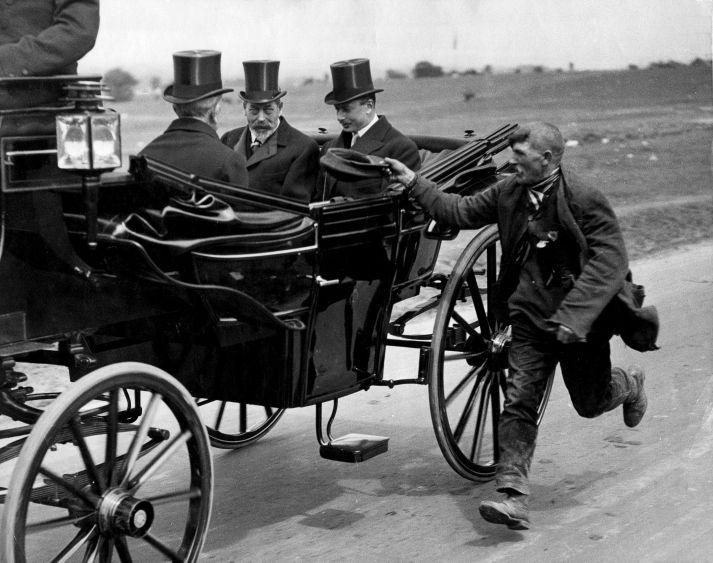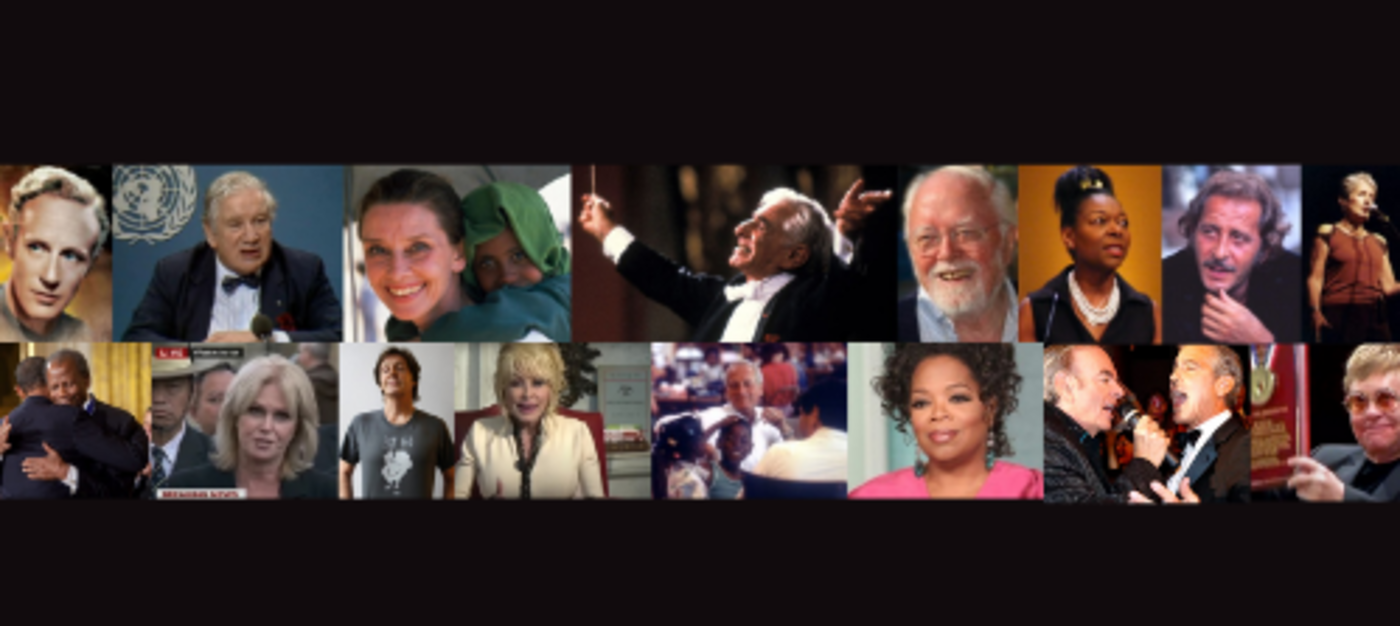
“If poverty be a title to poetry, then I’m sure nobody can dispute mine!”
I spoke these words in a theatre production of “The Beggars Opera,” by John Gay, in which I played the title role and assorted character parts. Poverty itself, some might feel, builds character, and in this sense, they would be right. But it also builds resentment. It feeds on the inability to properly be fed. A neighbourhood, a sense of it, or lack of it, is often misunderstood. Few of us today reside in the Sesame Street, or the Mr. Rogers Neighbourhood, of our childhood. Yes, we know, everybody needs good neighbours. Understand the beggar as someone who is your neighbour, and you or I might have little understanding of one, other, than a nuisance. See the beggar as your own circumstances gone wrong though, and you are seeing yourself.
A definite advantage of being a performer or a writer is the ability to put oneself into another person’s shoes. In fact some great character actors do just that. Alec Guiness started out earlier,rather poor and started his characterisations later, with the shoes that fit the character, even more than the actor. But you do not really need the shoes, mostly. You can imagine the other. We speak or hear today, of “othering.” It takes the actor or writer to often shed the light needed , on the problems felt. It is no substitute for living the problems, and no amount of wearing of shoes can replace that. But to feel, to imagine, to think, to act, in the ways others do, does give insight into the ways of others. Put yourself into another person’s shoes, is an encouragement, to do that. No matter how light or heavy the play or production, the insight is possible into, burdens, situations, light and heavy. The fine line between tragedy and comedy, found in the very significant phrase and particular genre, tragi-comedy, is one the actor, writer can walk.
Charlie Chaplin knew real poverty in real life. He also revealed poverty with the movie reel. The little tramp looking into the window of the restaurant, in “The Gold Rush,” unable to afford a bite, unwanted then at the feast, is a character we can relate to. Many of us who, through adversity of one sort or another, have kept the faith, in what it is we try to do, and for what higher purpose it is we feel it and we are capable of, reveal the reverse of poverty of ambition, even if we have known sometimes a paucity of success.
A client of mine, a participant in a seminar I led, and a programme I delivered, to unemployed people, once said she looked up to me, because I was, she said, successful. “How, and why?” I wondered, aloud. “Because you are older than me, and married and…”She had heard me tell of the car accident that involved an elderly lady losing control of her car, coming onto the pavement, injuring my wife but missing me, as we held hands! She knew of the ensuing struggle to better health, physical, emotional, both, and for both my wife and myself. She had listened to me in a session explain how I had got into this work, helping the unemployed, the vulnerable, with confidence, because I had been unemployed, my wife and I were vulnerable, confidence, had to be rebuilt. My young client had understood. Yet she did not know then, of the financial struggles, the loss of house and the effect on careers.
It is indeed sometimes true, as I have said, it is those in the arts, who enrich the quality of life, who are the least rich and have inequality of living standards. The debate about equality of opportunity or outcome sometimes misses this. And too often the so called solutions, the top down, big government approaches, miss this. Liberalism is about the individual, who can often get lost in a one size fits all approach, or a winner takes it all outcome, that seems to cater well, for the well connected. The Arts Council of the UK, even now, could learn a lot from the success and failure of the Roosevelt New Deal,in the US, years ago. The Works Progress Administration, is a lesson, for the continuing importance of work, the real opportunities of progress and the current failures of administration.
Most people are not in the arts. And while many artists have known poverty, most people in poverty, are not in the arts. There is nothing very artistic about being poor and poverty is no art form. There is also a poverty of the spirit. There is in fact, for some, poverty of ambition even without actual poverty. There is in truth, for others, ambition amongst the poor. There should be no “othering.”
Knowing this, is the start of knowing to stop judging and start understanding. And to begin connecting with each of us, as people and as individuals, and seeing circumstances as precarious. The report by Philip Alston of the UN, into poverty in the UK, was revealing but unsurprising. Poverty, inequality, is is an ongoing cause for concern for me and many. It is, though, an issue far broader than any report can deal with, yet far more specific in effect. The right wing ideologues often criticise, what are too often called, entitlement programmes. Irony escapes them, as so many amongst the very successful, or financially powerful, or politically influential, are from backgrounds and display attitudes and seem to be, so entitled.
If there is a poetry in poverty, it is a voice unheard. Perhaps the silent filmmaker, the singer songwriter, or the performance poet, can express it. If poverty be an entitlement to poetry, some of us, are claiming ours!

